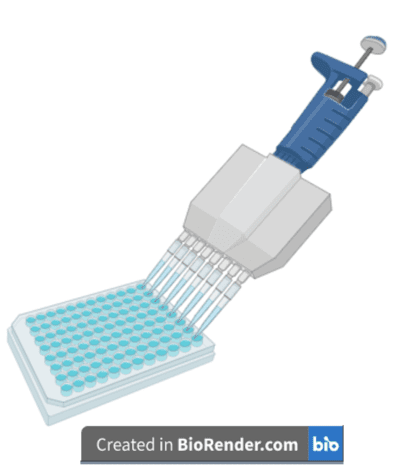by Gertrud U. Rey


You are fully vaccinated against SARS-CoV-2 and have presumably never been infected with the virus. But how can you know for sure? One way to find out is by testing your blood for the presence of antibodies against the viral nucleocapsid protein, which can only be encountered during natural infection. This is because all of the SARS-CoV-2 vaccines used in the U.S. only encode the viral spike protein (none encode nucleocapsid [N] protein), and thus they only stimulate production of antibodies against spike. This approach differentiates between vaccine- and virus infection-induced antibodies and allows one to accurately determine whether a vaccinated person was naturally infected. Or so we thought until now.
Two recent letters to the editor of the Journal of Infection note that not every natural infection induces production of anti-nucleocapsid (or, “anti-N”) antibodies. The letters cast doubt on whether these antibodies are reliable markers for a prior SARS-CoV-2 infection.
The authors of the first letter measured antibody responses in 4,111 vaccinated and 974 unvaccinated Irish healthcare workers. Only 23 of the vaccinated participants, all of whom had received two doses of the Pfizer mRNA vaccine, experienced a SARS-CoV-2 infection at some time after vaccination. As expected, each of the 23 individuals had antibodies against the spike protein, but surprisingly, only six (26%) had detectable anti-N antibodies. In contrast, 82% of unvaccinated participants with a previous PCR-confirmed infection had detectable anti-N antibodies. This result suggests that anti-N antibodies may not be the most accurate indicators of a prior natural infection in vaccinated people; and it further implies that vaccinated individuals may neutralize incoming viruses early during infection, thus preventing and/or limiting their ability to develop antibodies against nucleocapsid protein.
The second letter, which was written in response to the first letter, confirmed and further substantiated these results. Citing data from serosurveys done in Japan, the authors showed that patients who were infected within two months of a third dose of the Pfizer mRNA vaccine were less likely to experience COVID-19 symptoms than patients who were infected 4-8 months after the third dose. These findings are in line with our current understanding of sterilizing immunity, a type of immunity that prevents both disease and infection, which appears to occur most often during the months following vaccination, when high levels of vaccine-induced antibodies probably sequester an incoming virus before it has a chance to infect cells. The authors also showed that participants infected within two months of their third vaccine dose had significantly lower levels of anti-N antibodies than those infected several months later. Although this result seems surprising at first, it actually further supports the notion that vaccination only induces sterilizing immunity for a short time after vaccination, when existing vaccine-induced anti-spike antibodies neutralize incoming virus before the immune system has a chance to respond to the virus and produce antibodies specific to the nucleocapsid protein.
The authors of both letters further mention that COVID-19 patients who experienced symptoms were more likely to have detectable anti-N antibodies than were patients without symptoms, an observation that is in agreement with serological surveys done before vaccines became available. This finding suggests that patients who developed symptoms did not have sterilizing immunity and were subject to a productive viral infection that led to the development of symptoms and production of antibodies to nucleocapsid and other viral proteins.
These two studies provide an interesting perspective of antibody responses to SARS-CoV-2 infection in vaccinated people, and they may inform better strategies for gauging infection after vaccination.

More articles by Rey, and less by Tuller, please!
This Rey article is super interesting.